Marco Biagi

24 November 1950
1972
He was then awarded a grant to pursue postgraduate studies in labour law at the University of Pisa under the supervision of Luigi Montuschi.
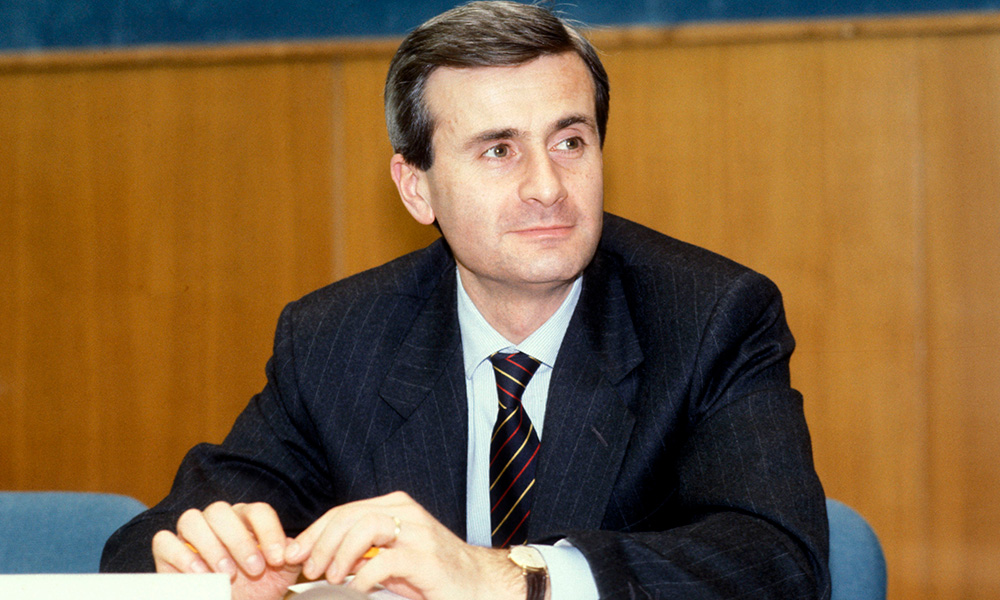
1974
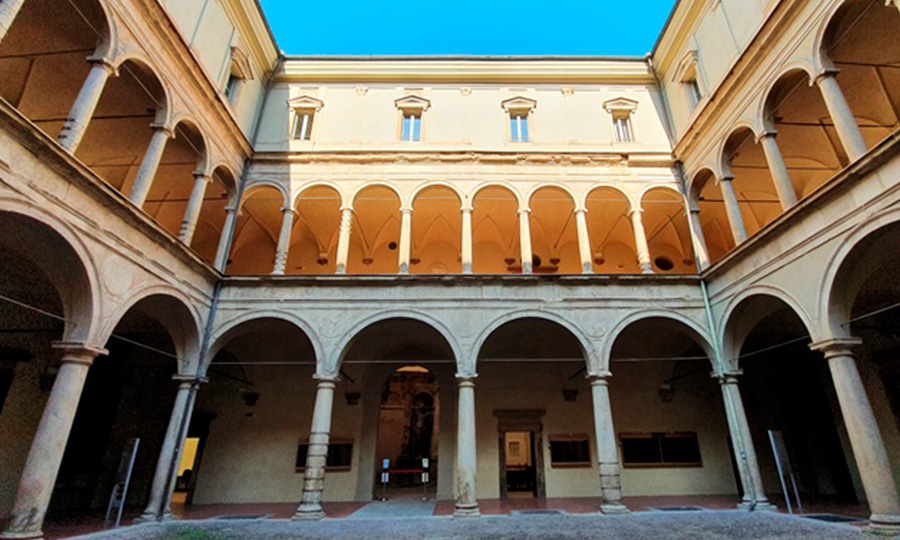
Faculty of Law, Bologna
1984
From the 1980s until 2002 he was Adjunct Professor of European Labour Law and Politics at the Dickinson College Bologna Center for European Studies, and Adjunct Professor of Comparative Industrial Relations and a member of the Academic Council at the Johns Hopkins University Bologna Center.
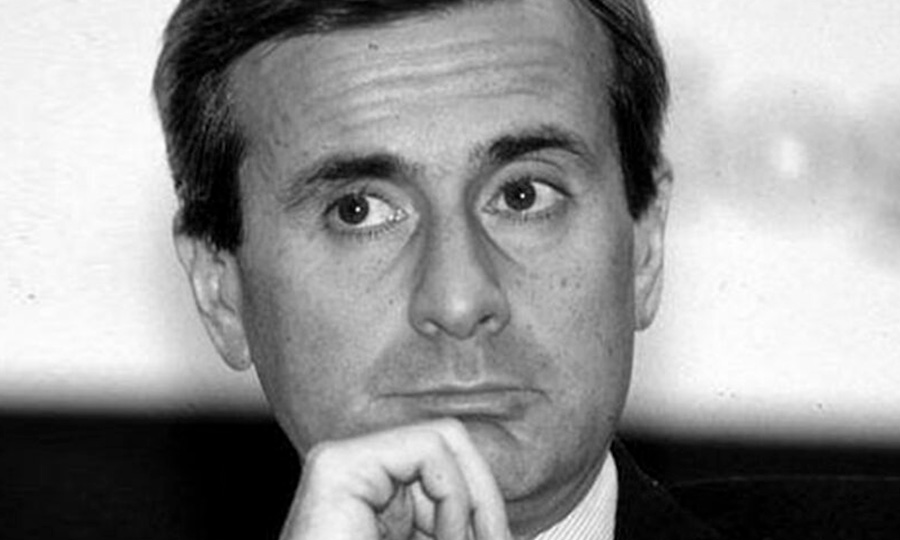
1987
1991
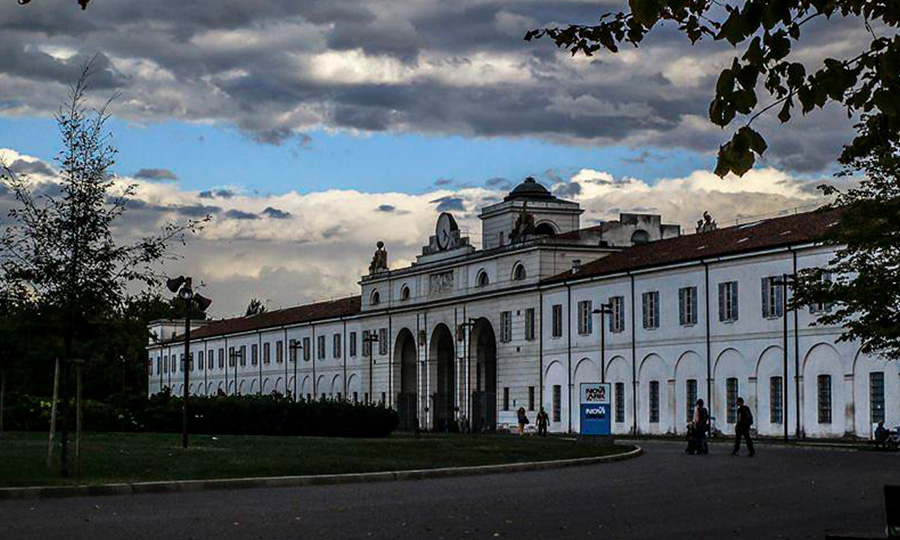
Department of Economics Marco Biagi
1993
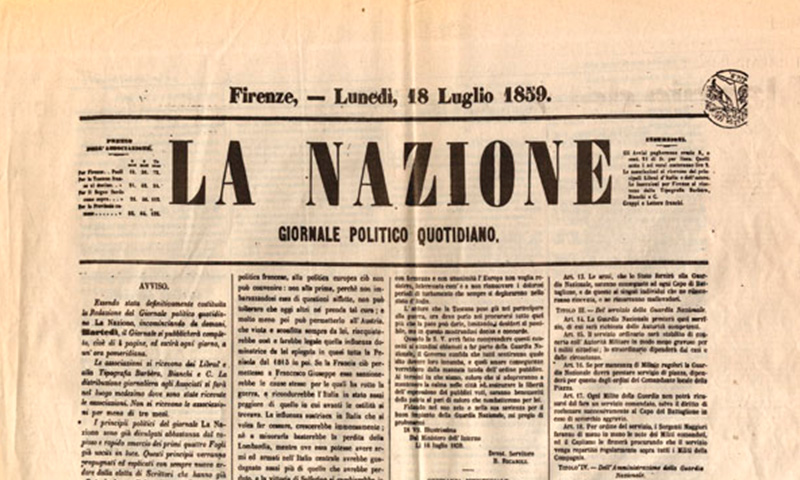
1995
In 1995 he became special advisor to the Minister of Labour, Tiziano Treu.
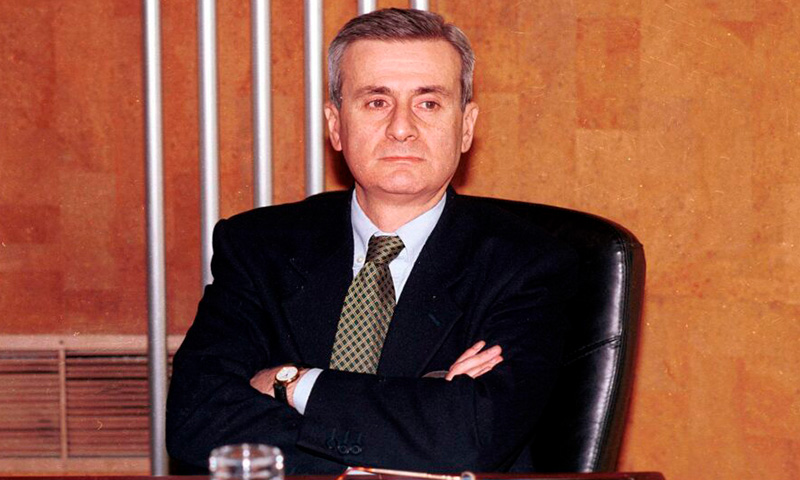
1996
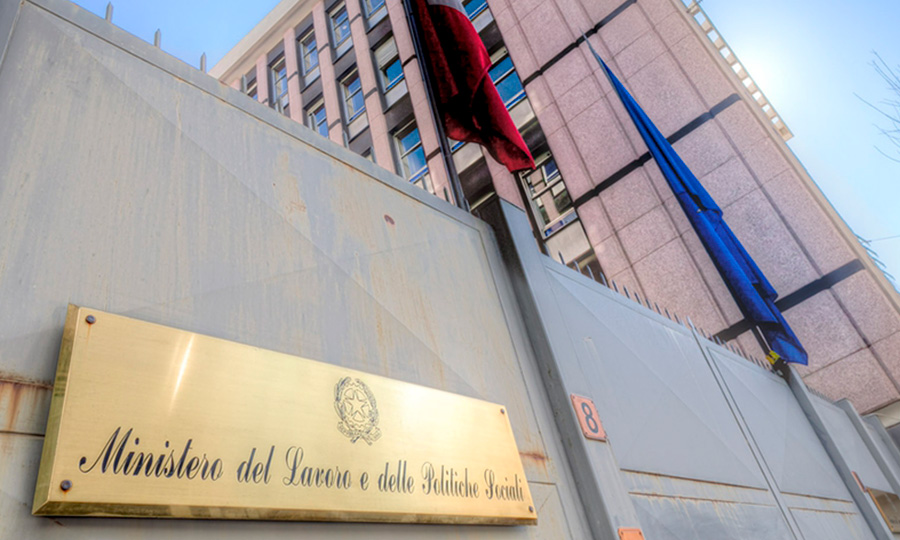
1997
In 1997 he was appointed as special advisor to the Italian Prime Minister, Romano Prodi.
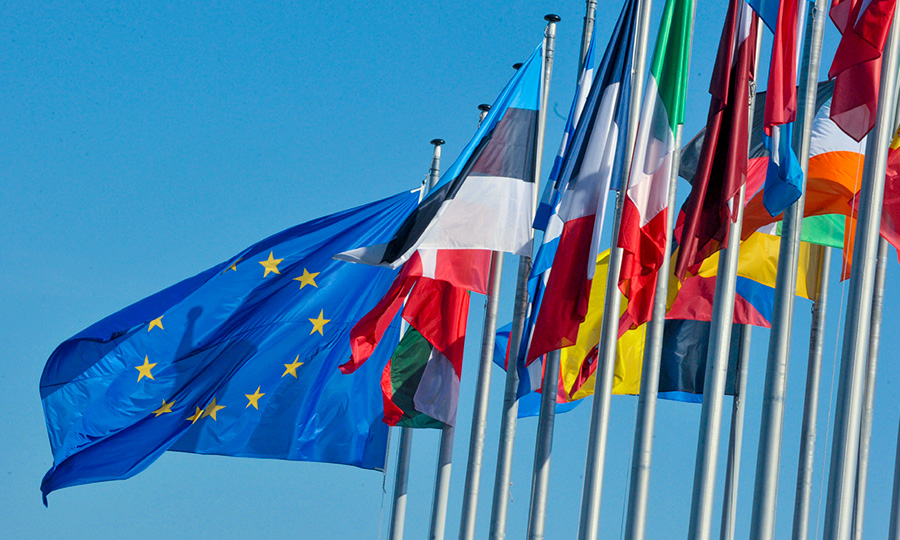
1998
In the same year he became a member of the Board of Administration of the European Foundation for the Improvement of Living and Working Conditions, in Dublin, representing the Italian government.
1999
2000
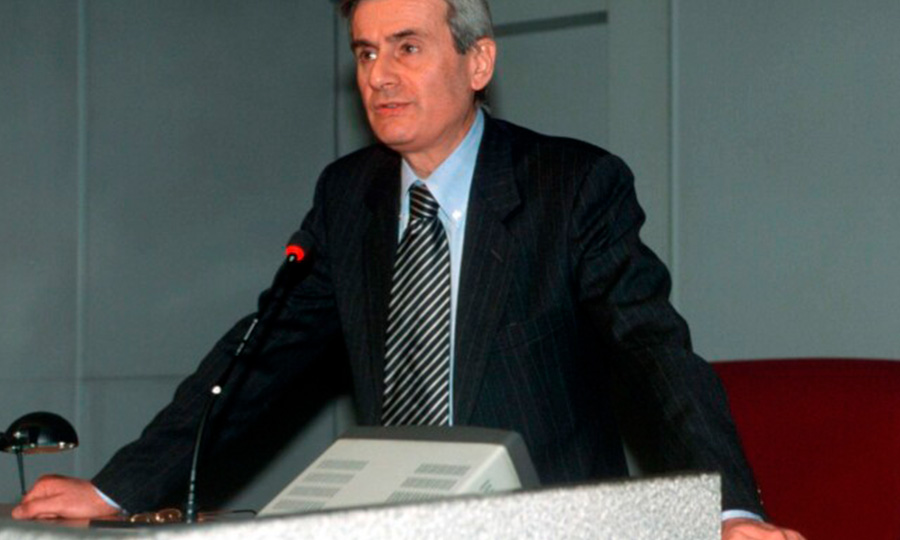
2001
In the same year he was appointed to the group examining the future of industrial relations set up by the European Commission
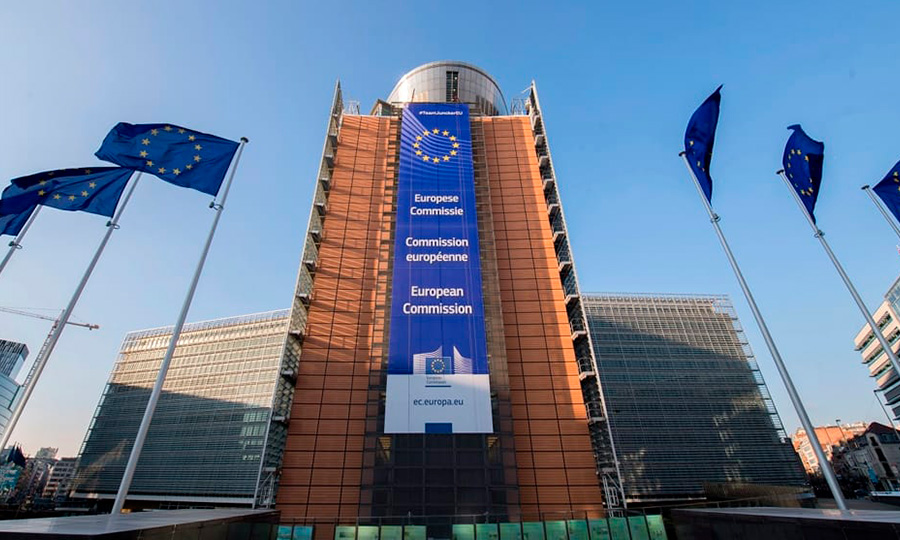
European Commission
19 March 2002
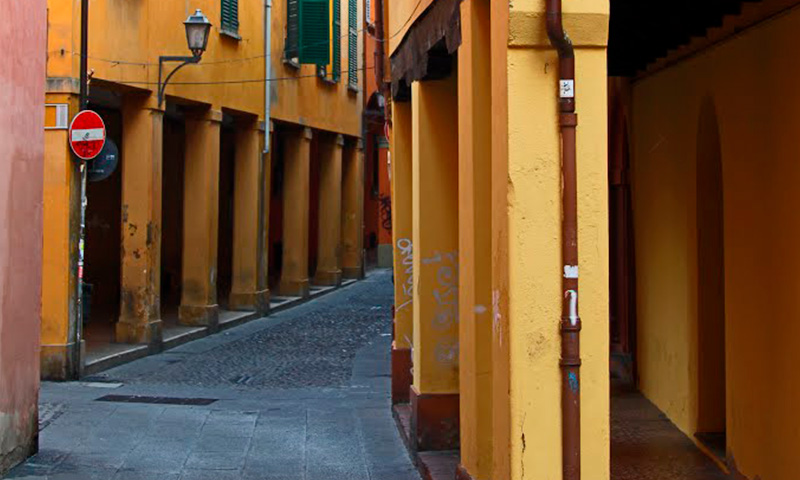
Via Valdonica, in the center of Bologna City